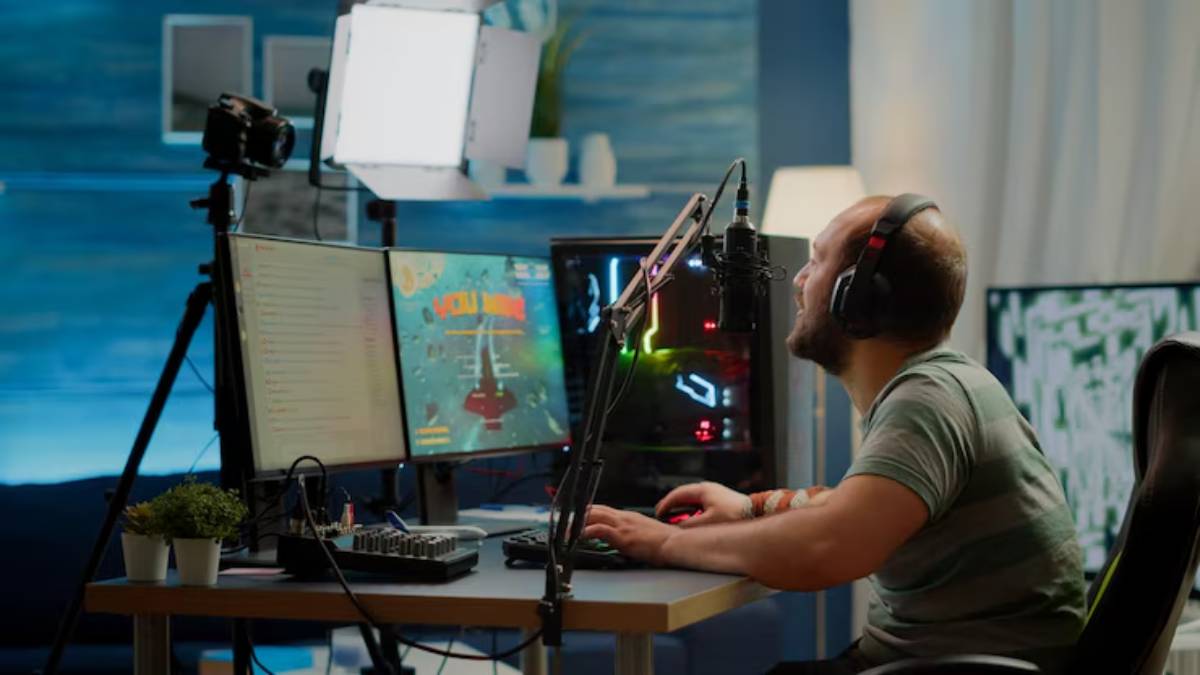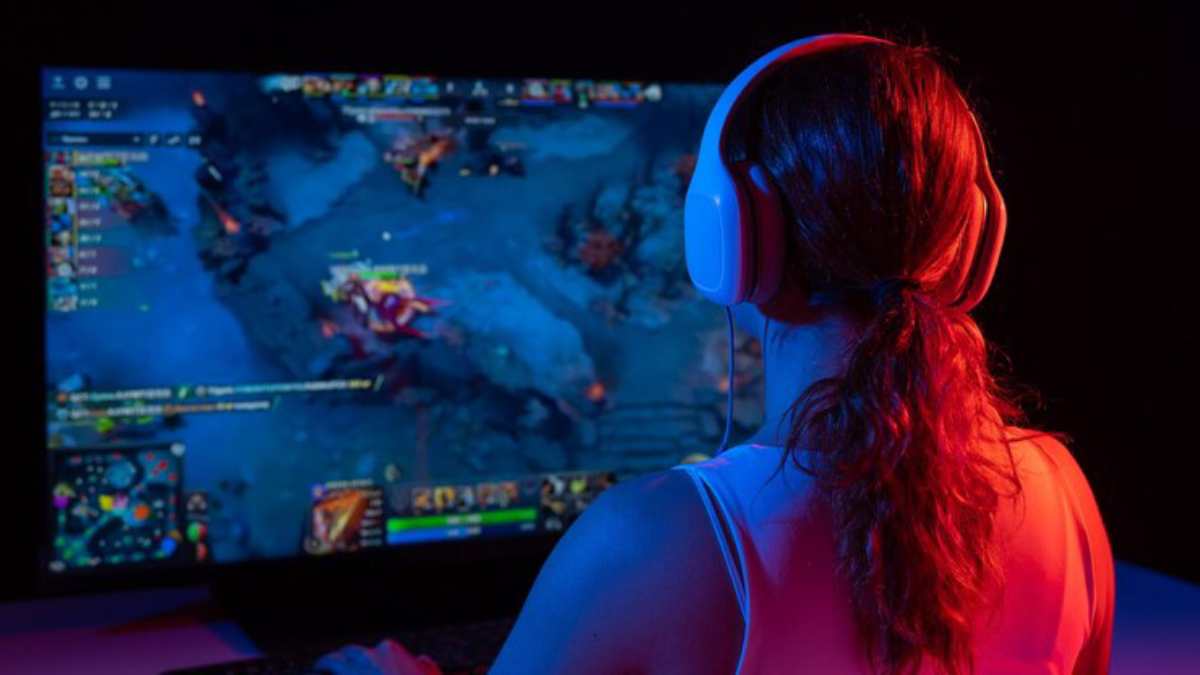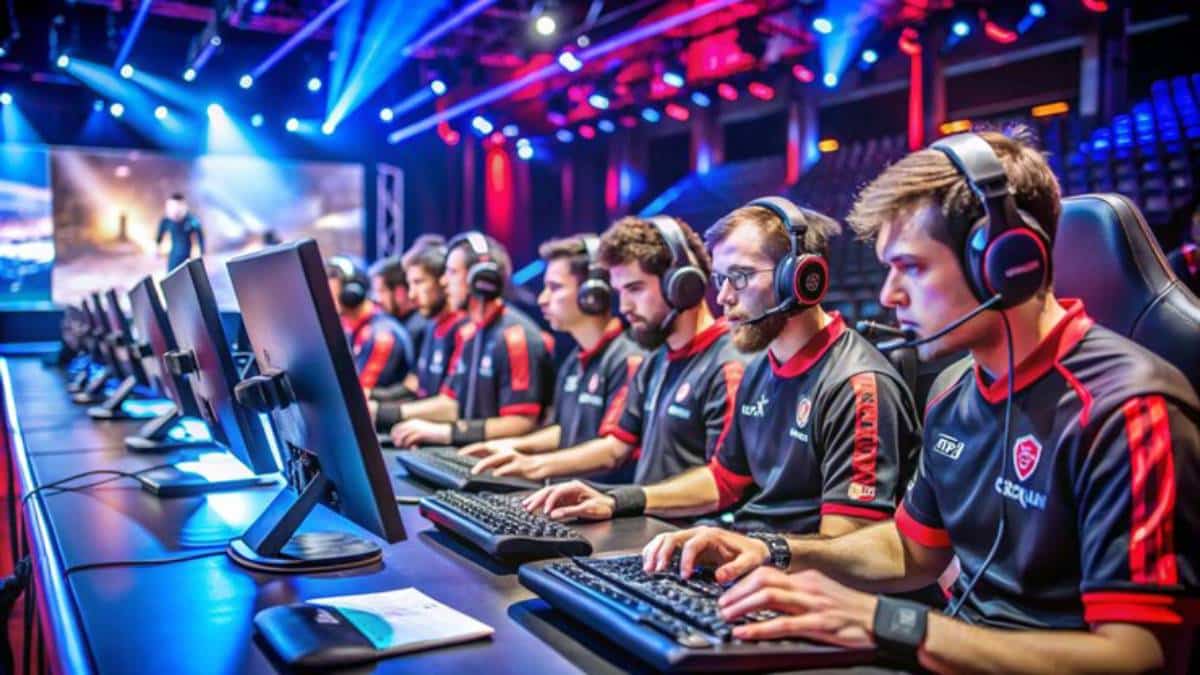
Ensuring Fair Play: Anti-Cheat Measures in Esports Tournaments
The esports industry is growing fast. Fair play is a significant concern for organisers, players, and fans. To keep competitive gaming honest, strong anti-cheat measures are essential. They help ensure a level playing field for everyone involved. In this blog, we will explore anti-cheat systems in esports. We’ll look at their importance, common mistakes, and future developments. We aim to provide a clear guide to upholding fair play and stopping cheating in gaming events.
Key Benefits of Anti-Cheat Systems in Esports
Anti-cheat systems in esports are essential for fair play. They help detect and stop unfair advantages that can affect tournament results. With strong anti-cheat measures, organisers ensure competitions focus on skill, strategy, and teamwork.
Why It Matters
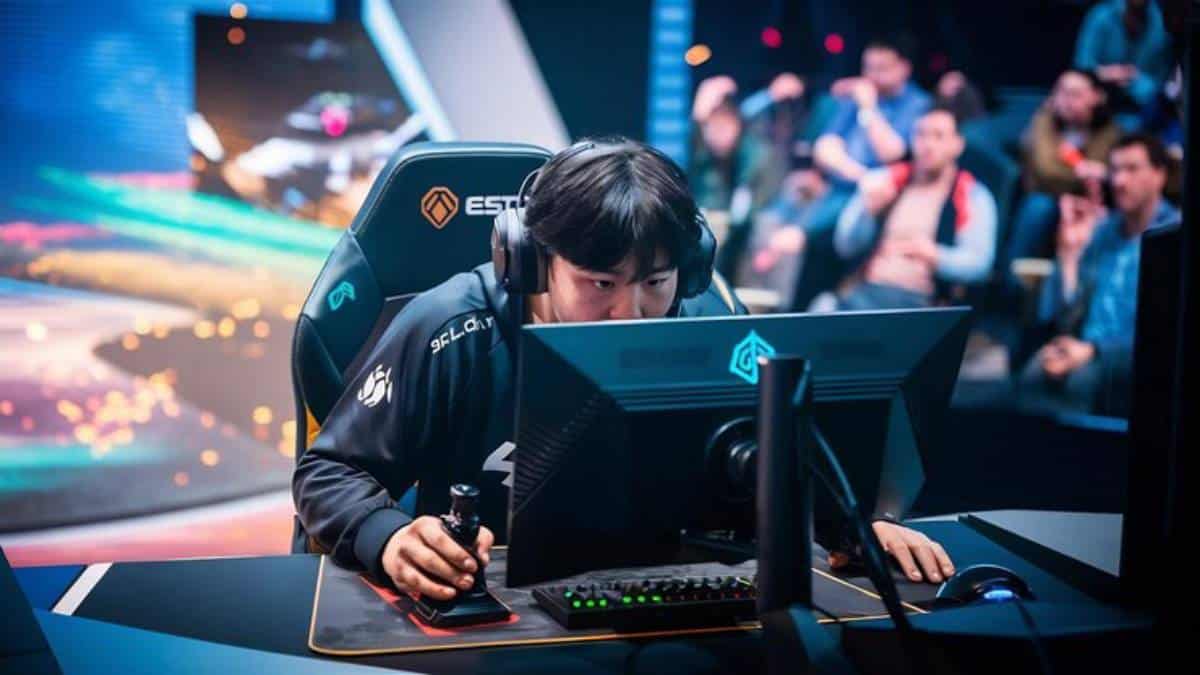
The significance of maintaining fair play in esports cannot be overstated. Cheating undermines the core values of competition, eroding trust among players and spectators. Integrity issues can scare off sponsors and investors. This can lead to financial problems for the industry. Weak anti-cheat systems can hurt esports’ reputation as a serious sport.
Cheating in esports harms tournament credibility and hurts the audience’s experience. Fans expect a high level of performance and genuine competition. When trust breaks, viewership can drop. This also affects fan engagement and slows down the growth of the esports ecosystem. Also, fair competition links closely to players’ mental health and morale. This shows why it’s crucial to enforce anti-cheat measures.
Real-Life Applications
Several high-profile esports tournaments have faced challenges due to cheating scandals. In 2014, the CS:GO community faced a big match-fixing scandal involving professional players. This incident showed that we need strict anti-cheat measures. These steps will help stop similar events from happening again. Organisers can protect their events by investing in advanced technologies and enforcing rules. This helps maintain trust with their audience.
Using third-party software, wallhacks, or aimbots can lead to bans in games like Valorant, PUBG, and Call of Duty. These actions affect match outcomes and can harm leagues and player careers. These incidents taught us important lessons. Now, we have better surveillance, improved player checks, and stricter tournament rules.
Additional Expert Tips & Common Mistakes to Avoid
Implementing anti-cheat measures is crucial. But we must also avoid pitfalls that can weaken their effectiveness. Here are some expert tips to enhance the efficacy of anti-cheat systems in esports:
Best Practices
- Regular Updates: Anti-cheat systems need frequent updates to stay ahead of new cheating methods. Developers should collaborate with cybersecurity experts to identify and address new vulnerabilities. These updates should be seamless and not interrupt the player experience.
- Transparent Policies: Clearly communicate the rules and consequences of cheating to all participants. Transparency fosters a culture of fair play and discourages potential cheaters. It also helps players see what actions count as cheating, so they can avoid breaking the rules by mistake.
- Community Involvement: Engage the gaming community in reporting suspicious activities. Players often notice problems first, and their insights are key to spotting cheats. You can share information using community reporting tools, anonymous tip lines, and in-game feedback options.
- Educational Programs: It is important to teach players, especially young or amateur ones, about fair play. This can show them the risks of cheating and lead to lasting benefits. Workshops, webinars, and mentorship programs can promote ethical behaviour.
Common Mistakes
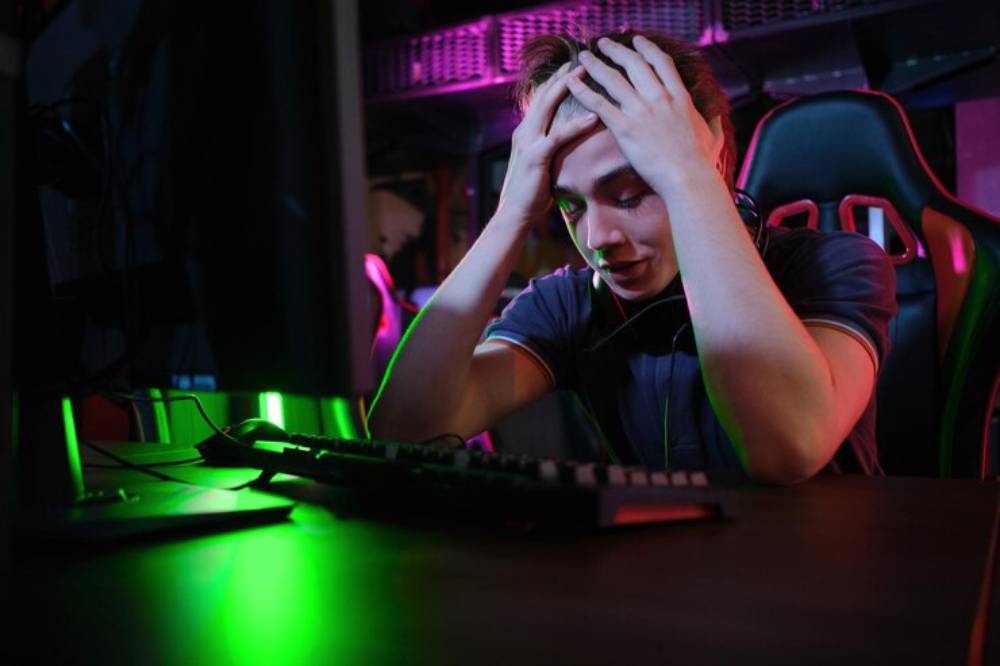
- Don’t Rely Only on Technology: Technology is useful, but it shouldn’t be the only part of anti-cheat efforts. Human oversight and judgment are essential to accurately assess potential cheating instances. Tournaments need trained staff. They must make smart choices about flagged behaviours.
- Neglecting Offline Events: Anti-cheat rules must cover offline tournaments, not just online play. Monitoring player behaviour and equipment is key to preventing cheating at live events. Examples include biometric login systems, equipment checks, and surveillance cameras.
- Inadequate Penalties: Failing to impose meaningful penalties for cheating can embolden offenders. Consequences must be tough enough to stop possible cheaters. This helps show why fair play matters. Consequences can include lifetime bans, public disclosures, and legal actions. This depends on how serious the offence is.
Advanced Insights & Expert Recommendations
As technology advances, so too do the methods employed by cheaters. Organisers must always find new ways and adjust their anti-cheat strategies to stay ahead. Here are key tips and expert advice for ensuring fair play in esports tournaments:
Utilising Artificial Intelligence
Artificial intelligence (AI) offers promising solutions for detecting and preventing cheating in esports. Machine learning algorithms can look at big data sets. They find patterns that reveal cheating. Using AI, organizers can improve how accurately and efficiently their anti-cheat systems work.
AI can find small inconsistencies in how players perform or react. These differences may not match typical human behavior. In-game telemetry and behavior data—like mouse movements, click timings, and screen changes—give AI a solid way to check for legitimacy. AI can automate video reviews. It flags suspicious clips for human moderators to check.
Blockchain Technology
Blockchain technology can change anti-cheat measures in esports. It creates a decentralised and tamper-proof record of all in-game actions. This adds security and transparency. Blockchain also helps verify player identities. This reduces the risk of account sharing and other cheating methods.
Blockchain is great for tournament auditing. It can record results, actions, and disputes in a way that can’t be changed. Smart contracts can enforce rules or payouts automatically. This helps reduce chances of manipulation.
Collaboration with Law Enforcement
For serious cheating offences, working with law enforcement may be needed. Organisers and authorities can team up to investigate and prosecute offenders. This sends a clear message: cheating will not be tolerated.
High-stakes cheating, especially involving match-fixing or financial fraud, can constitute criminal activity. Working with cybercrime units or national sports integrity groups makes sure these issues are serious. This can lead to real changes in the industry.
Cross-Industry Partnerships
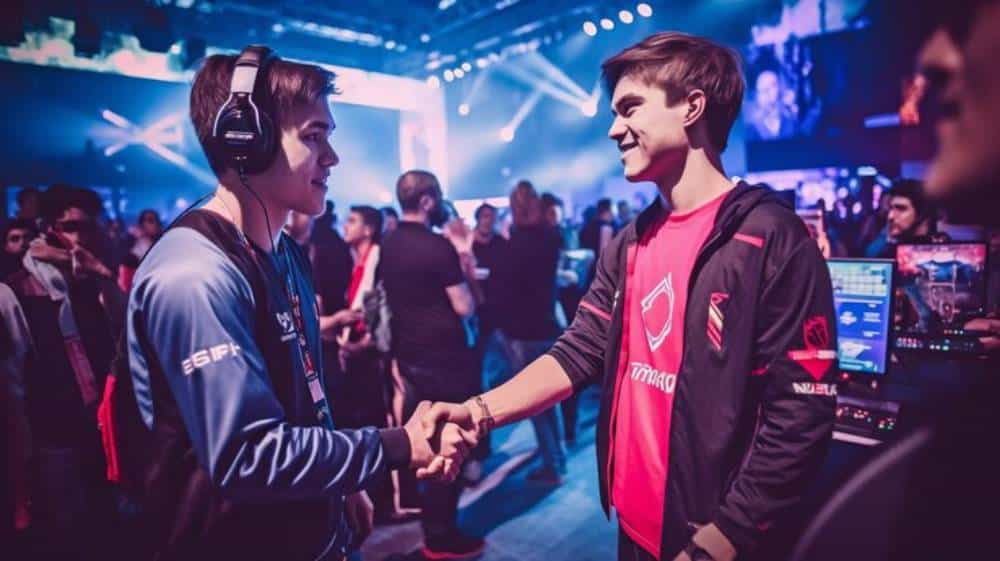
Collaborating with tech firms, universities, and data analysts can spark new ways to tackle cheating. By sharing research and tools among games, we can raise industry standards. This teamwork can also inspire innovation for fair play.
Conclusion: Anti-Cheat Measures in Esports Tournaments
Ensuring fair play in esports tournaments is a complex challenge. It needs a thorough approach. Organisers can safeguard competitive gaming with strong anti-cheat systems. They should also promote transparency and embrace new technology. All stakeholders—players, organisers, sponsors, and fans—must join forces to combat cheating.
The esports industry keeps growing, and with that comes the duty to uphold its values. By putting fair play first, we can keep esports exciting and fair for everyone. Let’s take action and support efforts that boost integrity and sportsmanship in gaming.
